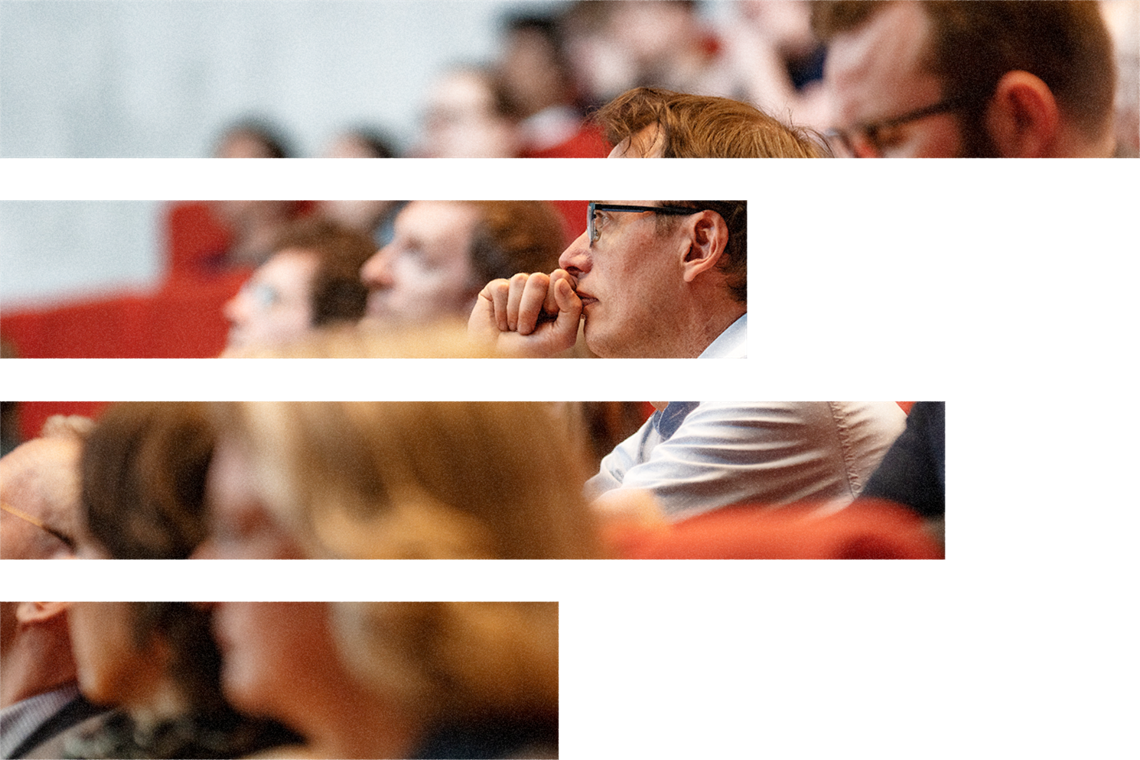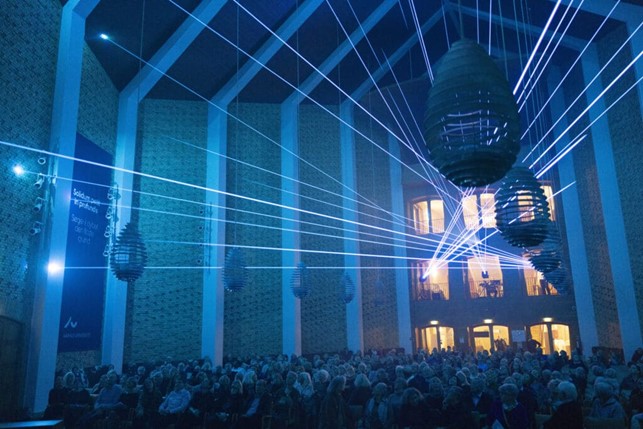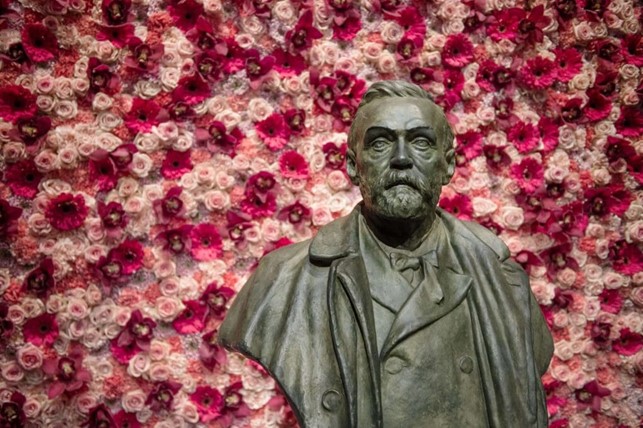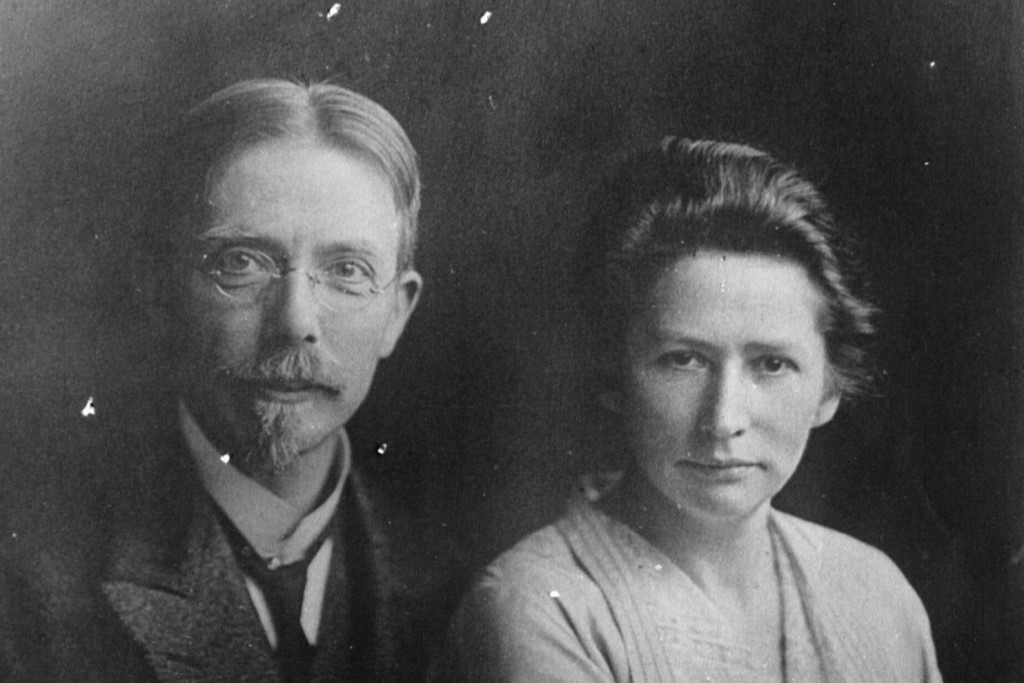Project launch
The Royal Academy launches a three-year dissemination project called VidenSkaber

How do we know what we know? A new project is designed to create a meeting place for researchers and people to jointly delve into the major challenges of everyday life.
Everyone in Denmark is invited to join us when the Royal Academy brings together people and researchers for a series of workshops, debates and talks that will culminate in a grand finale at the National Museum of Denmark in Copenhagen.
The aim of this three-year project, called VidenSkaber (Knowledge creates) in Danish is to raise awareness of how science works. At the crux of VidenSkaber is asking the question “How do we know what we know?” to better equip people to distinguish between what is and what is not evidence-based knowledge.
“VidenSkaber will serve to provide more Danes with insight into how science works and how it can contribute to finding solutions to society’s major challenges. In a time when the world is only getting more complex and where social media inundates us with information, it is essential to gain a clear grasp of what evidence-based knowledge is. This is crucial to making informed decisions and maintaining trust in authorities, researchers and each other,” emphasises Marie Louise Nosch, president of the Royal Academy.
In 2023 VidenSkaber began delving into a topic that concerns everyone and will involve exploring what makes a good home for you, me, our neighbour and the plant, i.e. homes that are sustainable, protect our mental and physical health and that can strengthen communities large and small.
This year’s partners include Folkeuniversitetet, which provides continuing and further education, several housing associations, various local museums, the National Museum of Denmark in Copenhagen, Ræson, which is an independent, non-profit political magazine, and Videnskab.dk, a popular science news forum. These partners will ensure that activities take place throughout Denmark in the cities of Aalborg, Odense, Høje-Taastrup, Holstebro, Varde, Copenhagen, Aarhus and Herning.
The project involves various activities, including:
- Five workshops inviting people to be active participants who share their experiences with researchers about how we should live in the future
- Four debates inviting people to be the audience as a moderator challenges researchers across scientific disciplines
- Four researchers sharing their knowledge as we livestream from the Festival of Ideas, Vision and Democracy, organised by Ræson
- Publication of research articles on Videnskab.dk on this year’s topic: science journalism
The grand finale will be a festive occasion at the National Museum of Denmark in Copenhagen on 22 January 2024 to celebrate science and gather insights from the year’s many activities and participant ideas on how we should live in the future
Founded in 1742, the Royal Academy, whose aim is to create favourable conditions for basic and interdisciplinary research, is responsible for VidenSkaber, which receives funding from the Carlsberg Foundation, Novo Nordisk Foundation and the Lundbeck Foundation. VidenSkaber will last from 2023 to 2025, with each successive year highlighting a topic that affects us all.
Visit the VidenSkaber website.


